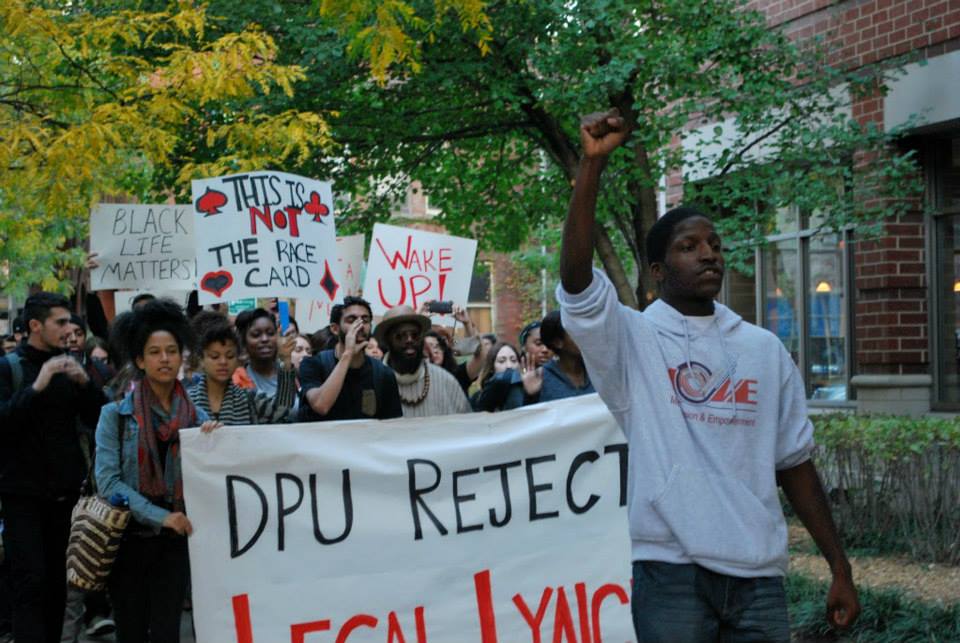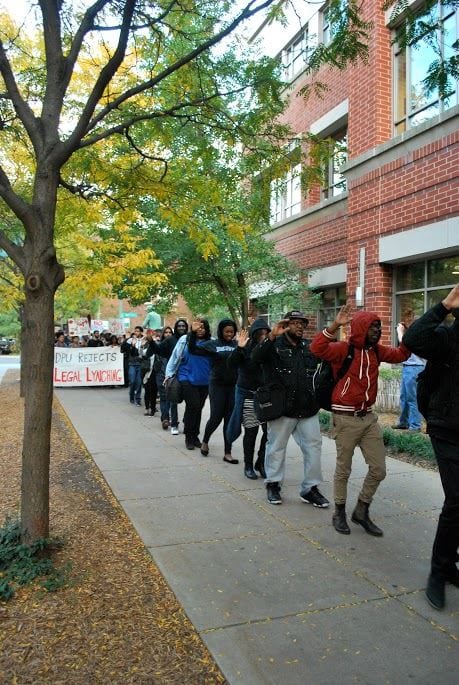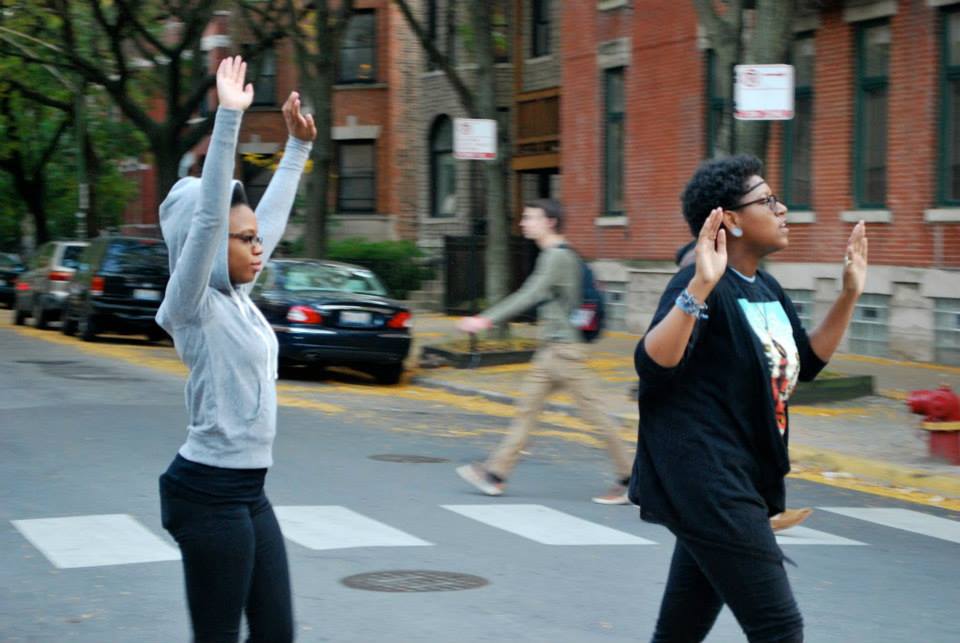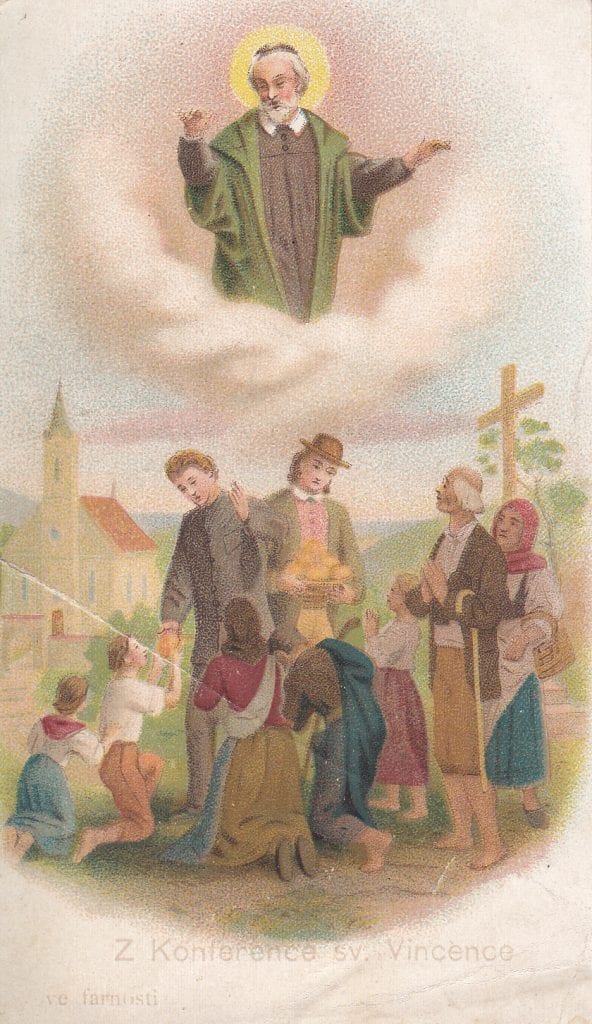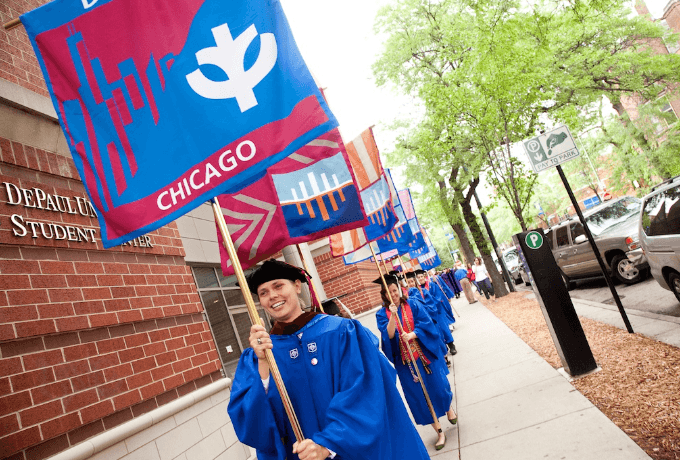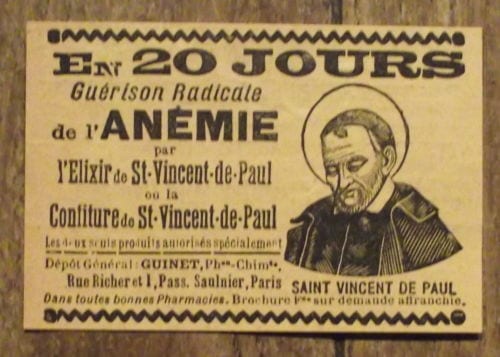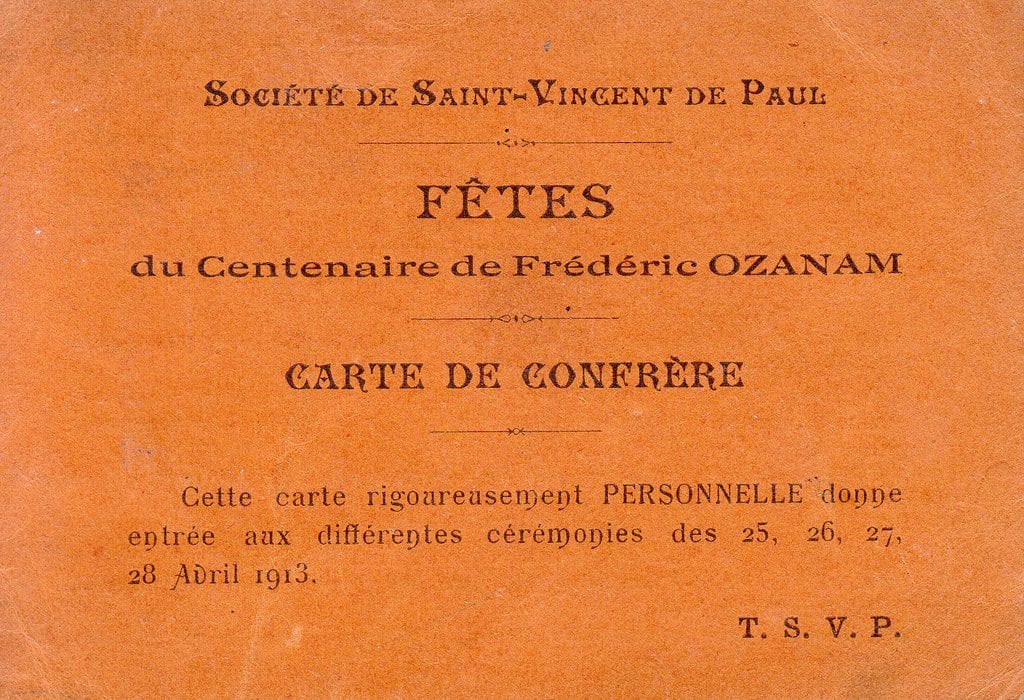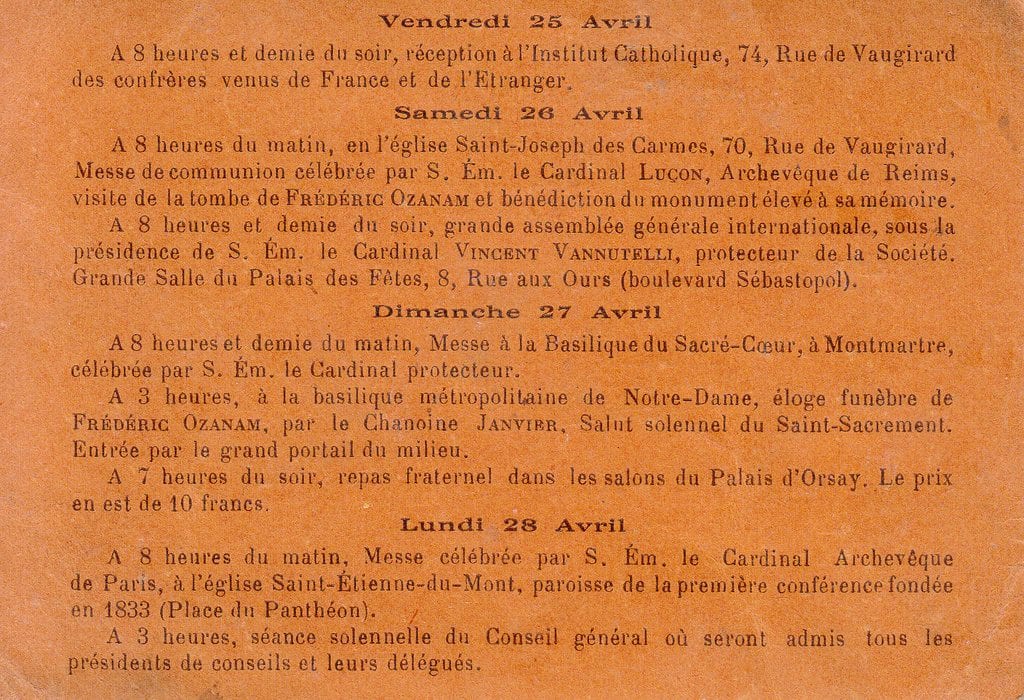Christian Ianniello is a first year student majoring in journalism. Christian comes to DePaul from California and is an active blogger. In the future, she hopes to work in a job that combines her passions for journalism and photojournalism with her passion for social justice.
Have you ever been listening to someone speak and you understand so perfectly what they are trying to say that their words begin to move inside of you? Before you know it, you are standing up and the words seem to be guiding you, and you realize the words are now flowing out of your mouth and dancing in the air creating harmony. The one way to describe that feeling is humanity.
Well, on Wednesday, October 1, 2014, many DePaul students and I shared that feeling. We listened to students from all different backgrounds chant and speak about the injustices within the police force. The demonstration was not about one ethnic group but about any ethnic group who is stereotyped and profiled, which ultimately leads to injustices. The words that were making us experience that harmonious feeling connected us because of the simple fact that we are all human beings – brown, black, white, rainbow. We all have hearts, feelings, and a voice.
The group leaders, from clubs such as JASA (Just A Sister Away) and MOVE (Men of Vision and Empowerment), directed the group, who had their hoods on and hands up in honor of Trayvon Martin. We began in front of the Student Center, moved to the SAC and the Vincentian Circle and onto Fullerton, and ended by coming back to the Student Center.
As I was taking pictures, I could feel the power through the lens of the strong faces looking, not towards me, but towards justice. Bystanders were curious and, after understanding the chants, some even joined in on the marching. I did not intend to be a part of the demonstration, rather behind it taking pictures, but before I knew it, I was chanting as I snapped photos.
I was profusely sweating while I tried to be vocal, take pictures, and not get in the way. When we arrived back at the Student Center, I realized my heart was pounding and my camera’s memory card was almost full. I had never participated in a demonstration before, and I was proud to call the DePaul Injustice System Demonstration my first demonstration. I hope it will be the first of many more because it was quite the DEMONstration.
JASA and MOVE hosted and organized the DePaul Injustice System Demonstration, which was sponsored by The Sankofa Student Formation Program.
More information about JASA can be found here.
More information about MOVE can be found here and here.
More information about The Sankofa Student Formation can be found here and here.
